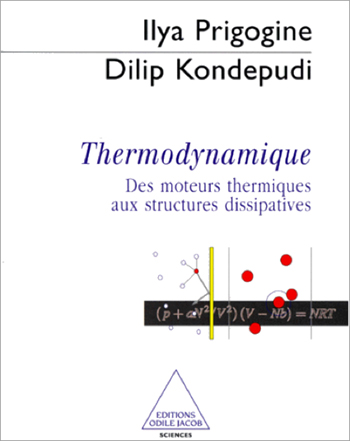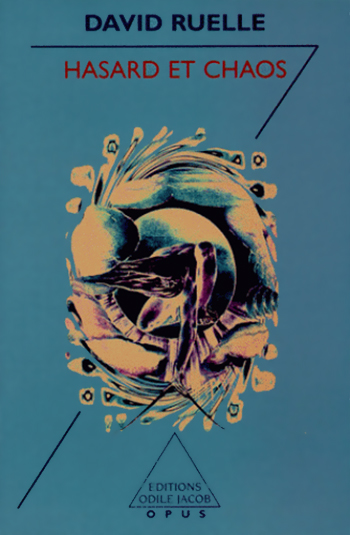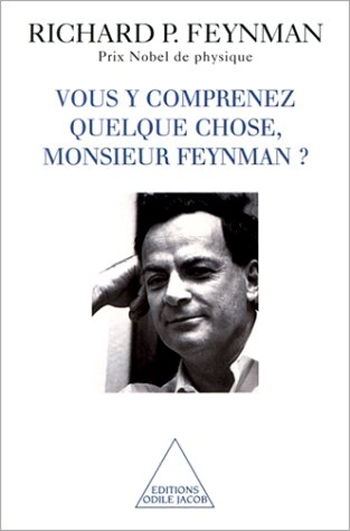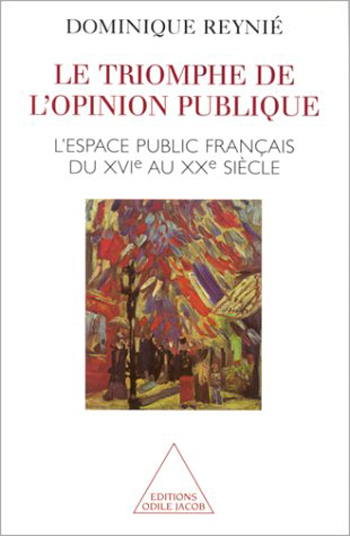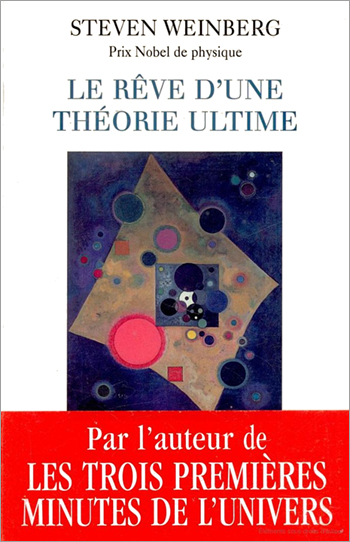Physics, Chemistry All books
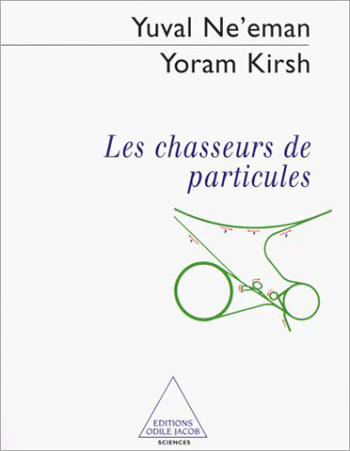
Yuval Ne'eman, Yoram Kirsh
The Particle Hunters
In this book, Yuval Neeman and Yoram Kirsh recount the story of particle physics in the twentieth century. They explain how physicists first discovered the various levels of the atom and then tried to describe its structure, culminating in the most recent "standard model". Assuming that the readers knowledge of physics is limited to basic notions such as energy, mass, and electrical charge, the authors explain the theory of relativity and the fundamental principles of quantum mechanics, which have guided physicists in their search for the ultimate particles of matter. Yuval Neeman teaches theoretical physics at the University of Tel Aviv. Yoram Kirsh teaches physics at the Open University of Israel.
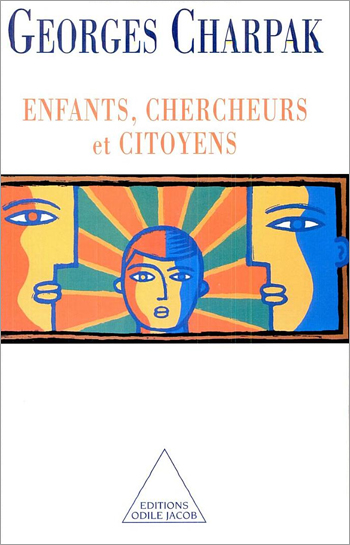
Georges Charpak
Children, Researchers and Citizens
Georges Charpak has taken the initiative for a complete reform of our methods of science teaching. He proposes a teaching method based on creativity and problem-solving, instead of the old theoretical, book-based approach. This book recounts the experiences of two teams of French educators in a research institution created by Leon Lederman in Chicago, and the lessons which we can take from their experiences. Pollens shows that to learn is to discover, and that it is in discovering that one learns. Georges Charpak is a Nobel laureate in physics, and the author of La vie à fil tendu and Feux follets et champignons nucléaires, both published by Editions Odile Jacob.

Ilya Prigogine
The End of Certainties (Coll. Opus)
As we come to the end of the century, the question of the future of science is often posed. I believe we are just at the beginning of a new endeavour. We are witnessing the development of a science which is no longer limited to simplified, idealised situations, but makes us face the complexity of the real world. This new science will allow human creativity to be experienced as the unique expression of a fundamental trait common to all aspects of nature. Ive tried to present this conceptual transformation, which implies the beginning of a new chapter in the fruitful relations between physics and mathematics, in a manner that will be comprehensible and accessible to all readers interested in the evolution of our ideas of nature. We are but at the threshold of a new chapter in the history of our dialogue with nature, writes Ilya Prigogine. Ilya Prigogine, winner of the Nobel Prize for Chemistry, teaches at the Free University of Brussels and at the University of Texas, in Austin.

